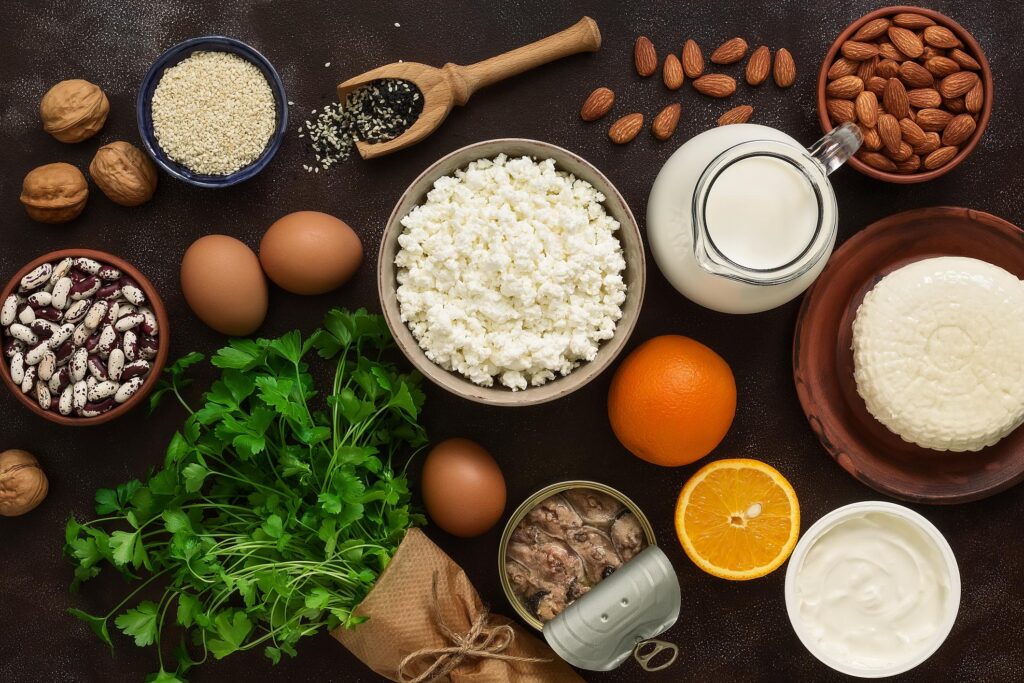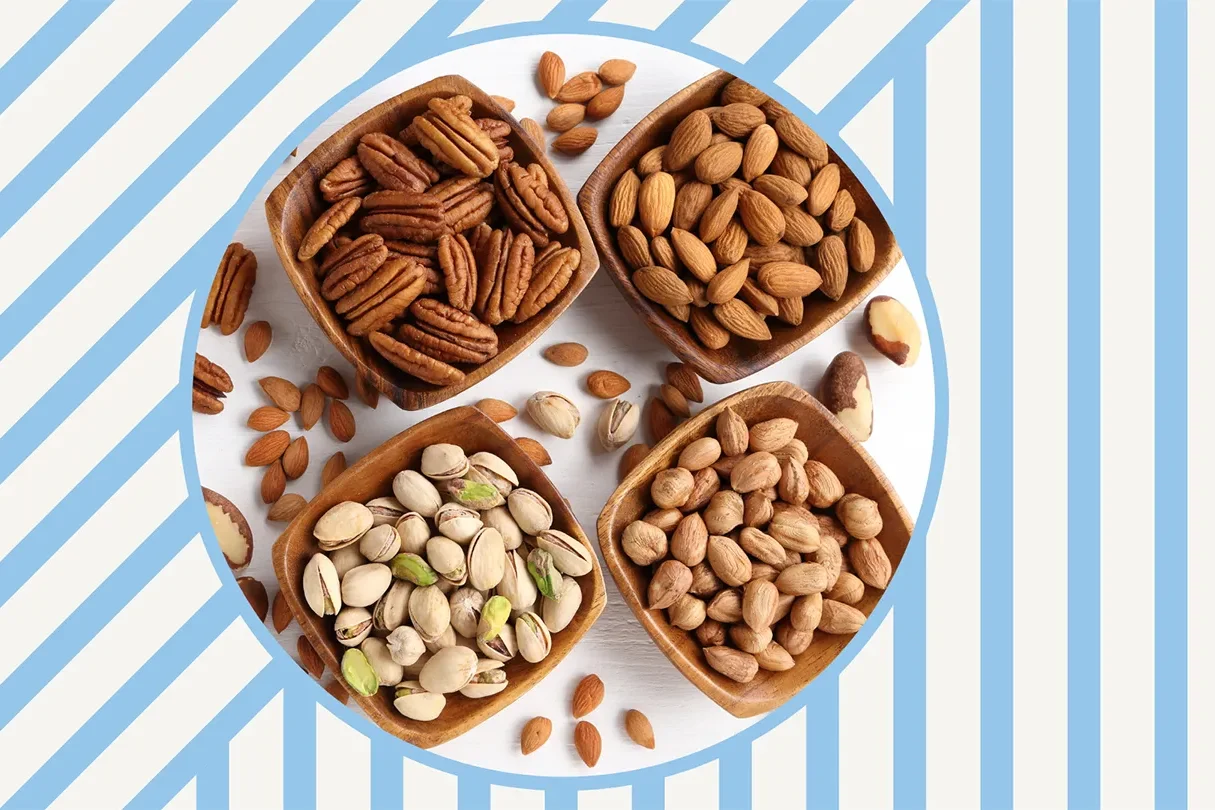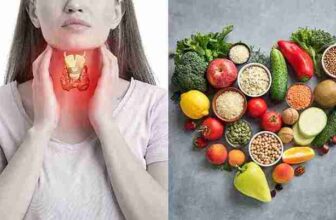
Strengthen Your Bones in 30 Days with These Popular Foods
Our bones do more than just hold us up—they protect vital organs, store essential minerals, and provide the framework for muscles. As we age, bone density tends to decline, increasing the risk of fractures and conditions like osteoporosis. But here’s the good news: with the right diet, you can begin to strengthen your bones in as little as 30 days. By incorporating certain popular and nutrient-rich foods into your daily meals, you can promote stronger, healthier bones and set the foundation for long-term skeletal strength.
Here are some of the best foods to add to your plate over the next month to give your bones a boost.
1. Dairy Products: Yogurt, Cheese, and Milk
When it comes to bone health, calcium is king—and dairy is one of the richest sources. Just one cup of milk contains about 300 mg of calcium, nearly a third of the recommended daily intake for adults.
How it helps:
Calcium is the primary mineral in bones, and without enough of it, your body will begin to take calcium from your bones, weakening them over time.
How to include it:
Start your morning with Greek yogurt, use shredded cheese in salads or omelets, or enjoy a glass of milk with lunch or dinner. For those who are lactose intolerant, many lactose-free options and plant-based milks (like almond or oat milk) are fortified with calcium and vitamin D.

2. Leafy Greens: Kale, Spinach, and Collard Greens
These vibrant vegetables are packed with calcium, magnesium, and vitamin K—all essential for building bone mass.
How it helps:
Magnesium aids calcium absorption, while vitamin K plays a critical role in bone mineralization. Together, they support bone density and repair.
How to include it:
Toss a handful of spinach into your smoothies, sauté kale with garlic as a side dish, or add collard greens to soups and stews.
3. Fatty Fish: Salmon, Sardines, and Mackerel
Fatty fish are rich in omega-3 fatty acids and vitamin D, two nutrients closely tied to bone health.
How it helps:
Vitamin D helps your body absorb calcium more effectively. Omega-3s are anti-inflammatory and may help prevent bone loss as you age.
How to include it:
Aim for two servings per week. Grill or bake salmon, add canned sardines to a salad, or try mackerel with roasted vegetables.
4. Nuts and Seeds: Almonds, Chia Seeds, and Sesame
Nuts and seeds offer a mix of calcium, magnesium, phosphorus, and healthy fats—all of which are essential for strong bones.

How it helps:
Phosphorus works with calcium to build bone structure, while healthy fats support vitamin D absorption.
How to include it:
Snack on a handful of almonds, sprinkle chia seeds into your yogurt or smoothie, or add sesame seeds to stir-fries and salads.
5. Eggs
Eggs, especially the yolk, are one of the few natural sources of vitamin D outside of fortified foods.
How it helps:
As mentioned, vitamin D boosts calcium absorption, making it a critical nutrient for bone formation and maintenance.
How to include it:
Have boiled eggs as a snack, scramble them for breakfast, or use them in salads or grain bowls.
6. Fortified Foods: Cereals, Orange Juice, and Plant-Based Milks
Many packaged foods are fortified with calcium and vitamin D, especially useful if you don’t get enough from whole foods.
How it helps:
These fortified options can help you hit your daily targets without needing to rely entirely on dairy or fish.
How to include it:
Check labels for calcium and vitamin D content. Choose fortified cereals with low added sugars, drink fortified orange juice in the morning, or use plant-based milks in your coffee or smoothies.
7. Beans and Lentils
Not only are they a great source of plant-based protein, but beans and lentils are also rich in magnesium, calcium, and phosphorus.
How it helps:
The minerals in legumes support bone density, and their protein helps maintain the muscles that protect your bones.
How to include it:
Add black beans to tacos, make a hearty lentil soup, or prepare a chickpea salad for lunch.
Build a Bone-Friendly Routine
In just 30 days, making these small dietary changes can begin to make a big difference in your bone health. To maximize results:
- Pair calcium-rich foods with sources of vitamin D.
- Get some sunshine each day (your skin produces vitamin D when exposed to sunlight).
- Limit high-sodium and high-caffeine foods, which can reduce calcium absorption.
- Stay active—especially with weight-bearing exercises like walking or resistance training.
Strong bones are built over time, but starting today can help you maintain mobility, strength, and independence for years to come.








